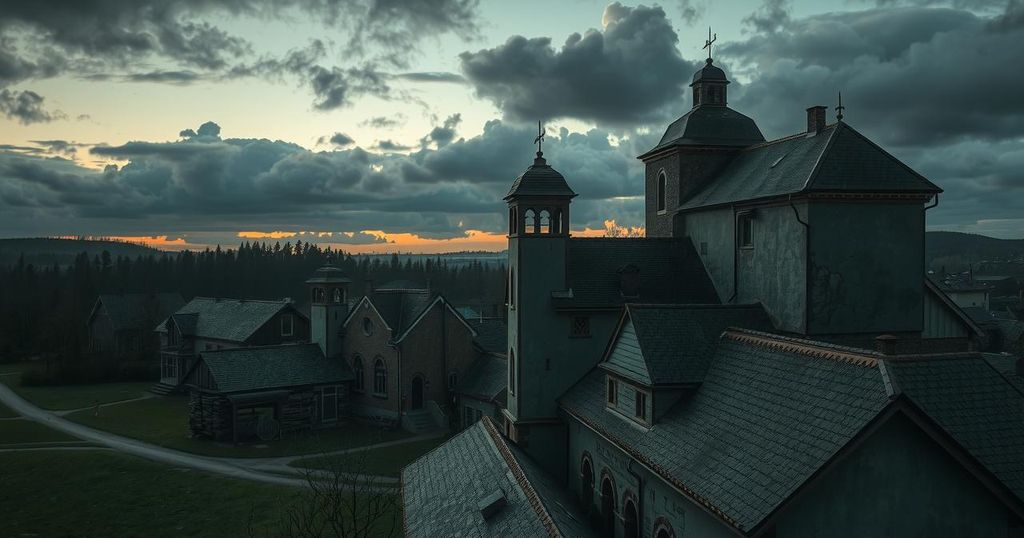M23 Rebels Capture Strategic Town in Eastern Congo, Reject Ceasefire Calls

The M23 rebels in eastern Congo, led by Corneille Nangaa, have captured the strategic town of Walikale, dismissing ceasefire appeals from Congo and Rwanda. The capture enhances their military position, bringing them closer to major cities. Despite international calls for peace, the M23 demands direct negotiations to resolve issues related to governance and ethnic tensions.
In a notable escalation of hostilities, the leader of the Rwandan-backed M23 rebels, Corneille Nangaa, asserted that the ceasefire appeal from Kinshasa and Kigali was irrelevant to them as they advanced into eastern Congo, capturing the strategic town of Walikale. This town, home to 15,000 residents, marks the farthest western position the rebels have achieved during their swift offensive that has seen them seize control of major cities since January.
Walikale is strategically located in a region abundant in minerals, including tin, and serves as a critical junction connecting four eastern provinces. The capture of this town brings the M23 rebels within 400 kilometers of Kisangani, the fourth-largest city in Congo, which features a significant port on the Congo River. This territorial gain underscores the potential transformation of an already simmering regional conflict into a broader war, according to experts.
President Felix Tshisekedi of Congo and President Paul Kagame of Rwanda recently convened in Doha, where they called for an immediate ceasefire following their first direct discussions of the year. However, the M23 leader dismissed this appeal, emphasizing their autonomy from Rwandan influence. Nangaa stated, “We are Congolese who are fighting for a cause,” and suggested that without concrete solutions to their issues, any agreements reached in Doha would not pertain to them.
The United Nations and Western governments have attributed a degree of complicity to Rwanda in supporting the M23, a claim that Rwanda has consistently denied, framing its military actions as self-defense against threats posed by elements in Congo. M23 had initially been scheduled for direct dialogue with the Congolese government in Angola, but withdrew, citing EU sanctions affecting its leaders. Despite this, Nangaa issued a renewed call for direct dialogue with Kinshasa as a means to resolve the ongoing conflict, which involves advocating for better governance and the protection of Tutsi rights in Congo.
Nangaa remarked, “We demand that if there is a dialogue, it be a direct dialogue. We are keen on any peaceful solution,” underscoring the rebels’ desire for a resolution that addresses their concerns directly.
The situation in eastern Congo escalates as M23 rebels continue to make territorial gains, highlighting the complexity of regional conflict influenced by historical tensions and resource competition. Despite calls for peace from the leadership of both Congo and Rwanda, the M23 has dismissed these efforts as irrelevant, insisting on direct negotiations to address their grievances. This ongoing conflict, rooted in a turbulent history, reflects the intricate dynamics of ethnic and political struggles in the Democratic Republic of Congo.
Original Source: www.straitstimes.com








